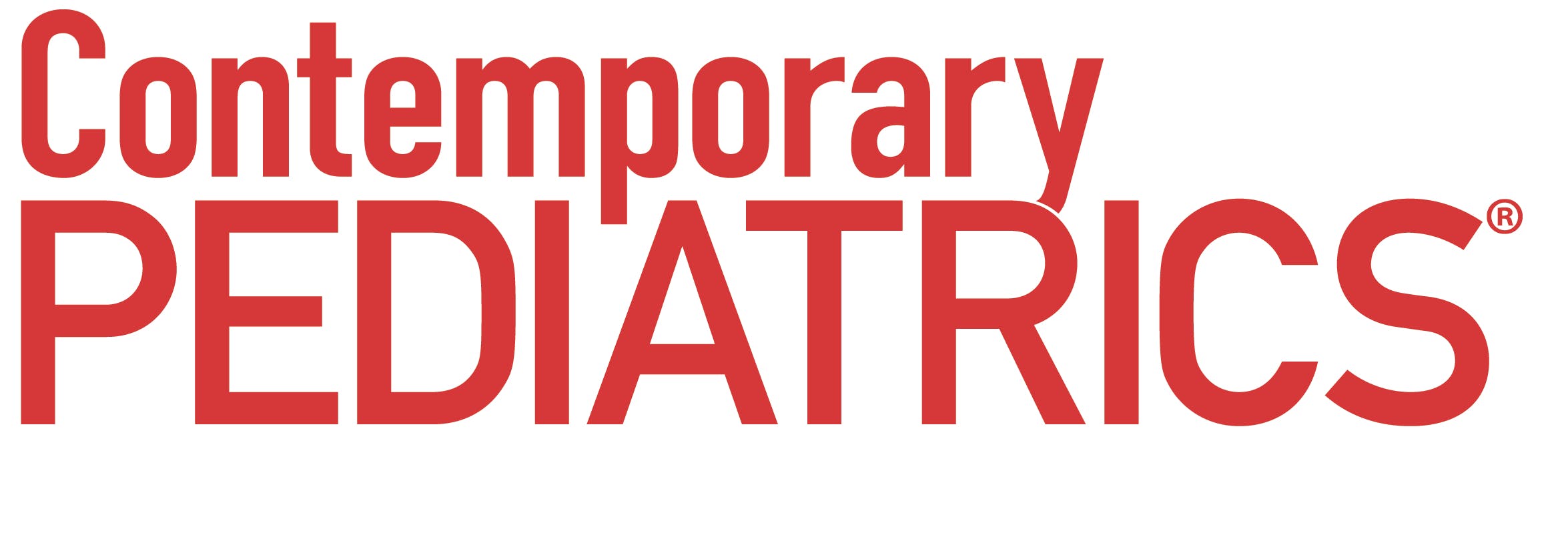How much do you know about sleep apnea?

In addition, the researchers posed so-called attitude questions of respondents, asking them to rate the importance of obstructive sleep apnea as a clinical disorder and the importance of identifying it. The five attitude questions also asked respondents to rate how confident they were about making the diagnosis, managing children with OSAS, and managing those being treated with continuous positive airway pressure.
The 517 physicians who completed the questionnaire in a pilot project ranged from 28 to 86 years of age. Respondents included 338 community-based pediatricians and family practitioners and 179 hospital-based pediatricians. Respondents achieved a mean total knowledge score of 69.6%. At least three quarters of respondents correctly answered questions about the complications and usual clinical signs and symptoms of OSAS, whereas fewer than two thirds correctly answered questions about the prevalence of OSAS, frequency of snoring, and populations at risk. Only 14% knew that children with sickle cell disease are at increased risk of obstructive sleep apnea, and only 61% knew that surgery can result in transient worsening of respiratory symptoms and that children younger than 2 years are particularly vulnerable to postoperative complications.
Commentary: Many of the physicians surveyed expressed a lack of confidence in diagnosing and managing OSAS in children. Help is available on both fronts, thanks to a comprehensive practice guideline from the American Academy of Pediatrics Section on Pediatric Pulmonology (Pediatrics 2002;109:704).




















